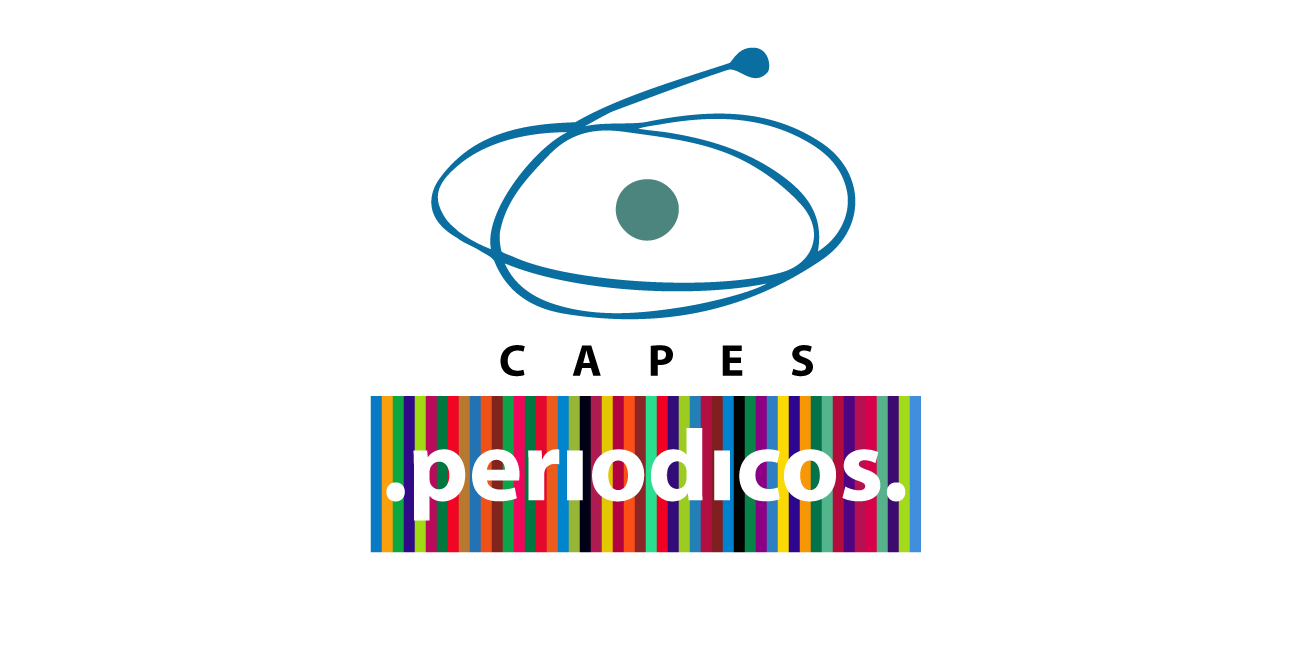BRAZILIAN STATUTE OF BELONGING: IDENTIFICATION OF MENTALITIES AND REPRESENTATIONS IN CONTEMPORARY PRACTICE
DOI:
https://doi.org/10.17765/2176-9184.2015v15n2p539-564Keywords:
Mentalities, Representations, Social and Anthropological Variables, Juridical Statute of Belonging in BrazilAbstract
The manner we acknowledge a determined juridical system and its rights is formed by mentalities and representations derived from a cultural substrate which, in its turn, is the result of a certain type of thought and production tools of the former. The modern concept of the right of property is historically conditioned to a certain paradigm caused by the conflict between Christian doctrine and rationality, constructed between the 16th and 19th centuries. A deep epistemological change occurred during this period in the construction of science and the materialization of juridical rules in the Western world. The ensued formalism should be re-thought to enrich the understanding of Law with the acknowledgement of innumerable social and anthropological variables. Mapping the representations or mentalities of the Brazilian statute of belonging is one of the many examples within a new perception of the juridical system.Downloads
Published
2015-11-30
How to Cite
Correa Henning, A. C., Anselmi Duarte da Silva, M., & Colaço, T. L. (2015). BRAZILIAN STATUTE OF BELONGING: IDENTIFICATION OF MENTALITIES AND REPRESENTATIONS IN CONTEMPORARY PRACTICE. Revista Jurídica Cesumar - Mestrado, 15(2), 539–564. https://doi.org/10.17765/2176-9184.2015v15n2p539-564
Issue
Section
Doutrinas
License
A Revista se reserva o direito de efetuar, nos originais, alterações de ordem normativa, ortográfica e gramatical, com o intuito de manter o padrão culto da língua, respeitando, porém, o estilo dos autores. As opiniões emitidas pelos autores são de sua exclusiva responsabilidade.
Os direitos autorais pertencem exclusivamente aos autores. Os direitos de licenciamento utilizado pelo periódico é a licença Commons Atribuição 4.0 Internacional. São permitidos o compartilhamento (cópia e distribuição do material em qualquer meio ou formato) e adaptação (remixar, transformar, e criar a partir do trabalho, mesmo para fins comerciais), desde que lhe atribuam o devido crédito pela criação original.
















